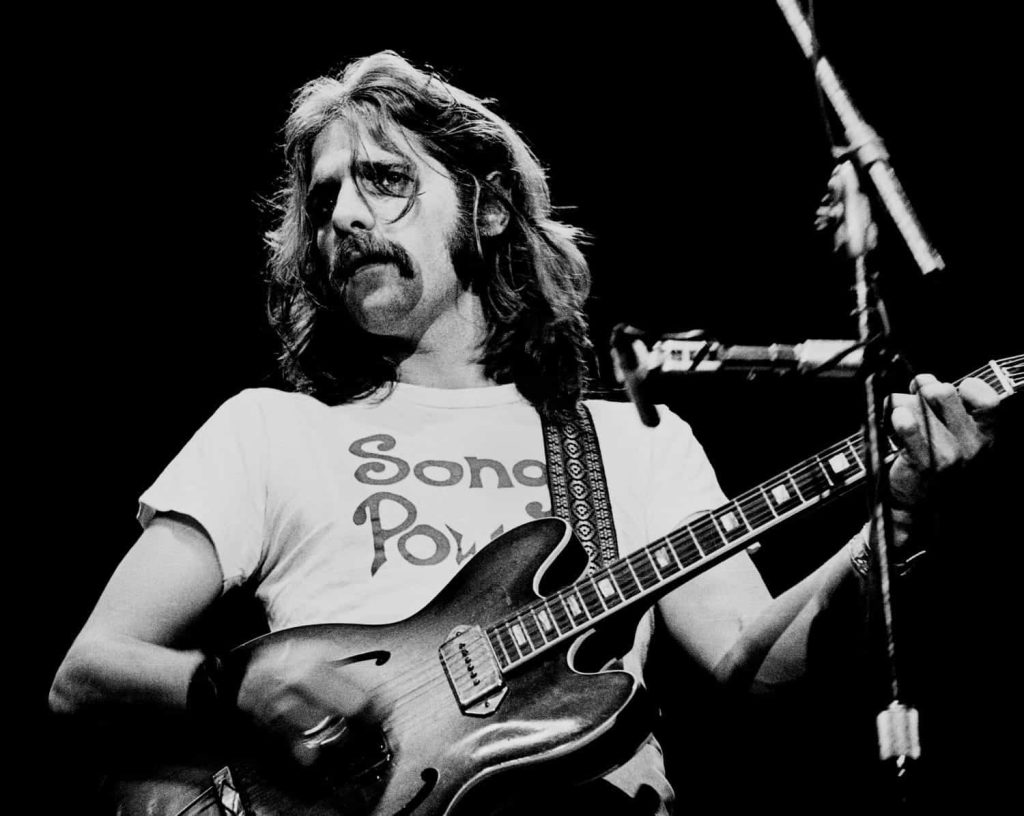
A Smoldering Icon of the ’80s: When Glenn Frey Lit Up the Charts with “The Heat Is On”
“The Heat Is On” – a potent anthem of urban tension and slick, high-stakes drama, capturing the electric charge of a decade defined by its pulsating energy.
Ah, the mid-80s. A time of shoulder pads, synth-drenched soundtracks, and the undeniable cool of Glenn Frey. When “The Heat Is On” blared from car radios and club speakers, it wasn’t just a song; it was a cultural moment. Released in 1984 as part of the soundtrack for the Eddie Murphy action-comedy, Beverly Hills Cop, the track swiftly climbed the charts, peaking at number two on the Billboard Hot 100. This wasn’t some gentle ballad; it was a pulsating, adrenaline-fueled track that perfectly mirrored the film’s frenetic energy. It was a time when soundtracks were as important as the films they accompanied, and this one certainly delivered.
Glenn Frey, already a legend as a founding member of the Eagles, stepped into a new realm with “The Heat Is On.” While his previous work often leaned towards country-rock and introspective ballads, this track showcased a different side of his artistry—a slick, urban sound that resonated with the era’s emerging synth-pop and new wave sensibilities. The song’s genesis, as often happens in Hollywood, was a collaborative effort. Harold Faltermeyer, the maestro behind the film’s score, provided the driving synth melody, while Keith Forsey and Jack Tempchin contributed the lyrics. Frey’s distinctive, slightly raspy vocals, imbued with a sense of cool detachment, brought the song to life.
The meaning of “The Heat Is On” is multifaceted. On the surface, it’s a straightforward narrative of urban tension, a sense of impending danger lurking in the shadows of a neon-lit cityscape. It captures the feeling of being caught in a high-stakes game, where every move is crucial and the pressure is relentless. But beyond the literal interpretation, the song also speaks to a broader sense of societal unease. The 80s, despite its outward veneer of prosperity, were a time of underlying anxieties—the Cold War, economic uncertainties, and the ever-present threat of urban crime. “The Heat Is On” tapped into these anxieties, providing a soundtrack for the era’s collective pulse.
The success of “The Heat Is On” wasn’t just a testament to Frey’s talent; it was also a reflection of the power of film soundtracks in the 80s. The song’s integration into the film’s narrative, particularly during the iconic chase scenes, solidified its place in popular culture. It became synonymous with Beverly Hills Cop, a film that itself became a cultural touchstone. For many, hearing “The Heat Is On” instantly conjures images of Axel Foley’s wisecracking charm and the sun-drenched streets of Beverly Hills.
Looking back, “The Heat Is On” stands as a quintessential 80s anthem, a reminder of a time when music and film intertwined to create something truly magical. It was a moment when Glenn Frey transcended his Eagles legacy and carved out a new identity as a solo artist, proving his versatility and enduring appeal. The song’s enduring popularity speaks to its timeless quality, a testament to its infectious energy and its ability to capture the spirit of an era. It’s a track that still ignites a sense of nostalgia, reminding us of a time when the music was loud, the clothes were bold, and the heat was most certainly on.